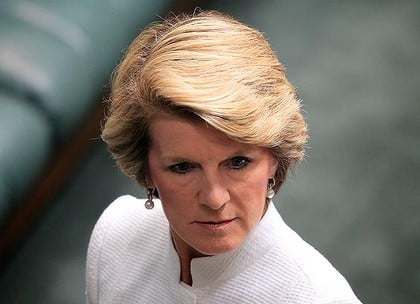- Joined
- Aug 10, 2006
- Messages
- 3,604
- Reaction score
- 2,421
Closer to the US than it is to Canada? I don't think so.
Some very few individual countries within the Commonwealth? Yes, we may be arguably closer. However more broadly are we closer to the Commonwealth countries than the US? Absolutely not. Check out the list:
Antigua and Barbuda
Australia
Bahamas
Bangladesh
Barbados
Belize
Botswana
Brunei
Cameroon
Canada
Cyprus
Dominica
Fiji
The Gambia
Ghana
Grenada
Guyana
India
Jamaica
Kenya
Kiribati
Lesotho
Malawi
Malaysia
Malta
Mauritius
Mozambique
Namibia
Nauru
New Zealand
Nigeria
Pakistan
Papua New Guinea
Rwanda
Saint Kitts and Nevis
Saint Lucia
Saint Vincent and the Grenadines
Samoa
Seychelles
Sierra Leone
Singapore
Solomon Islands
South Africa
Sri Lanka
Swaziland
Tanzania
Tonga
Trinidad and Tobago
Tuvalu
Uganda
United Kingdom
Vanuatu
Zambia







